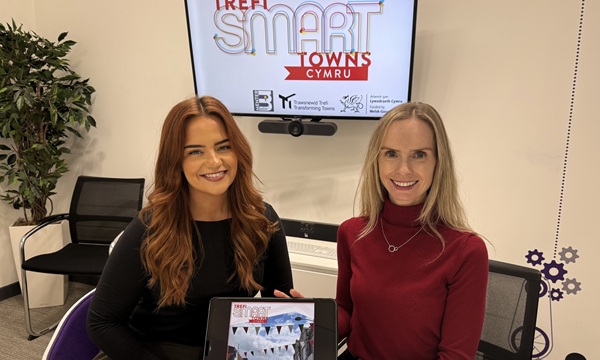By Stephen Adams, Fraud Manager at Confused.com
Fraud impacts all financial service industries, and insurance is no exception. Those who get away with it are costing insurers millions, together with the added £250 million a year the industry spends tackling the crime.
In 2018, 469,000 scams were detected, of which 79% were dishonest applications. Some of these dishonest applications will have been made by ghost brokers – fraudsters posing as legitimate middlemen who can cut insurance costs. And lockdown is proving to be a breeding ground for fraudulent behaviour, as scammers are using the crisis to prey on those in financial difficulties by offering ‘cheap’ insurance. They’re also demanding payment for healthcare insurance and posing as ‘government insurance’ to get hold of national insurance numbers and sensitive information.
In Confused.com’s fight against fraud, our adept tech team built an inhouse Business & Fraud portal, which allowed us to put multiple fraud prevention systems in place. The system is able to strengthen our fraud prevention capabilities by using our own data, as well as being able to integrate additional enrichment sources from other counter-fraud databases.
The portal allows us to cross-reference our own customers with a third-party intelligence centre, meaning we can pinpoint fraudsters and block their traffic, without blocking genuine customers. Not only has the Portal allowed us to improve our fraud detection rate by 60% – meaning we have one of the lowest fraud rates of all of the other comparison sites – it helped us to catch and prosecute a ghost broking ring.
After becoming aware of suspicious activity, we co-ordinated an inquiry across our other insurance partners and found that the same group of devices were being used to run active ghost broking schemes across the industry. Our investigation helped to convince the City of London’s Insurance Fraud Enforcement Department to pick up the case, resulting in the arrest and investigation of one ghost broker – and we expect there to be more.
Now, we’re in a position where we’re an extension of our insurance partners’ fraud teams. We’re supporting investigations, helping to find additional fraudulent policies as well as supporting referrals of fraudsters through to the appropriate legal enforcement bodies. All because of our tech skills.











